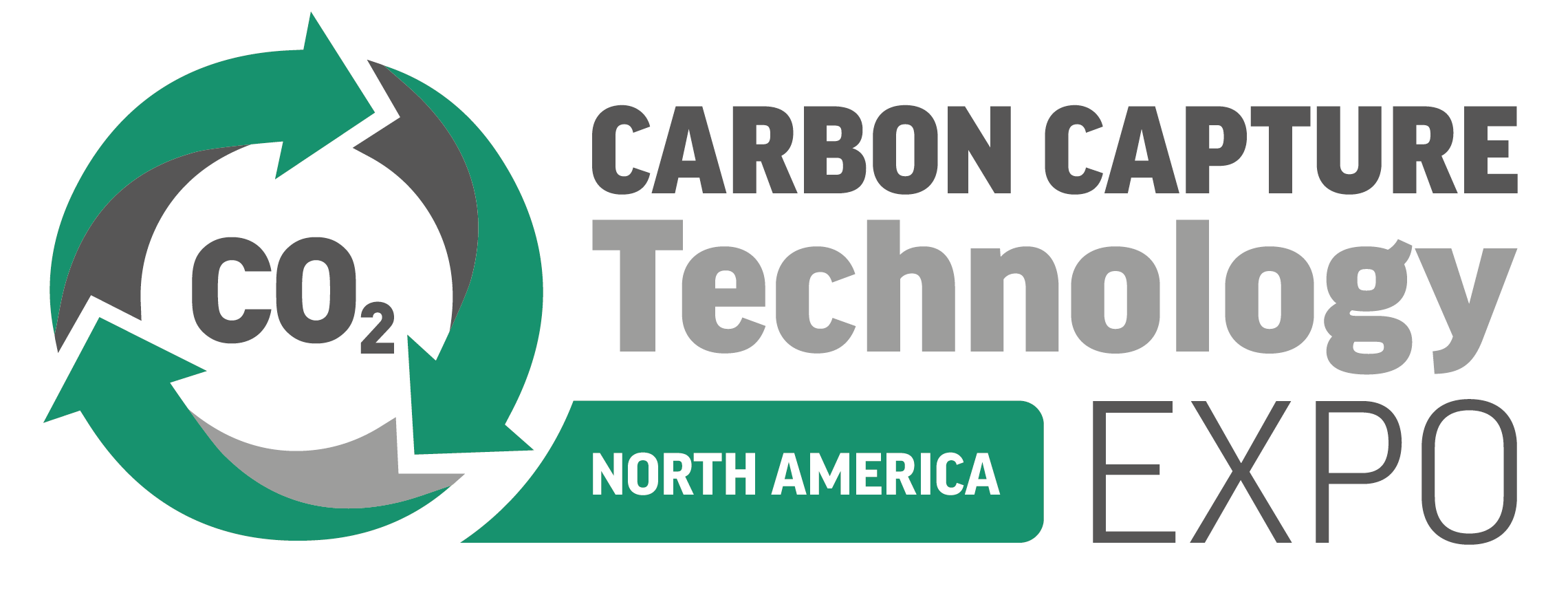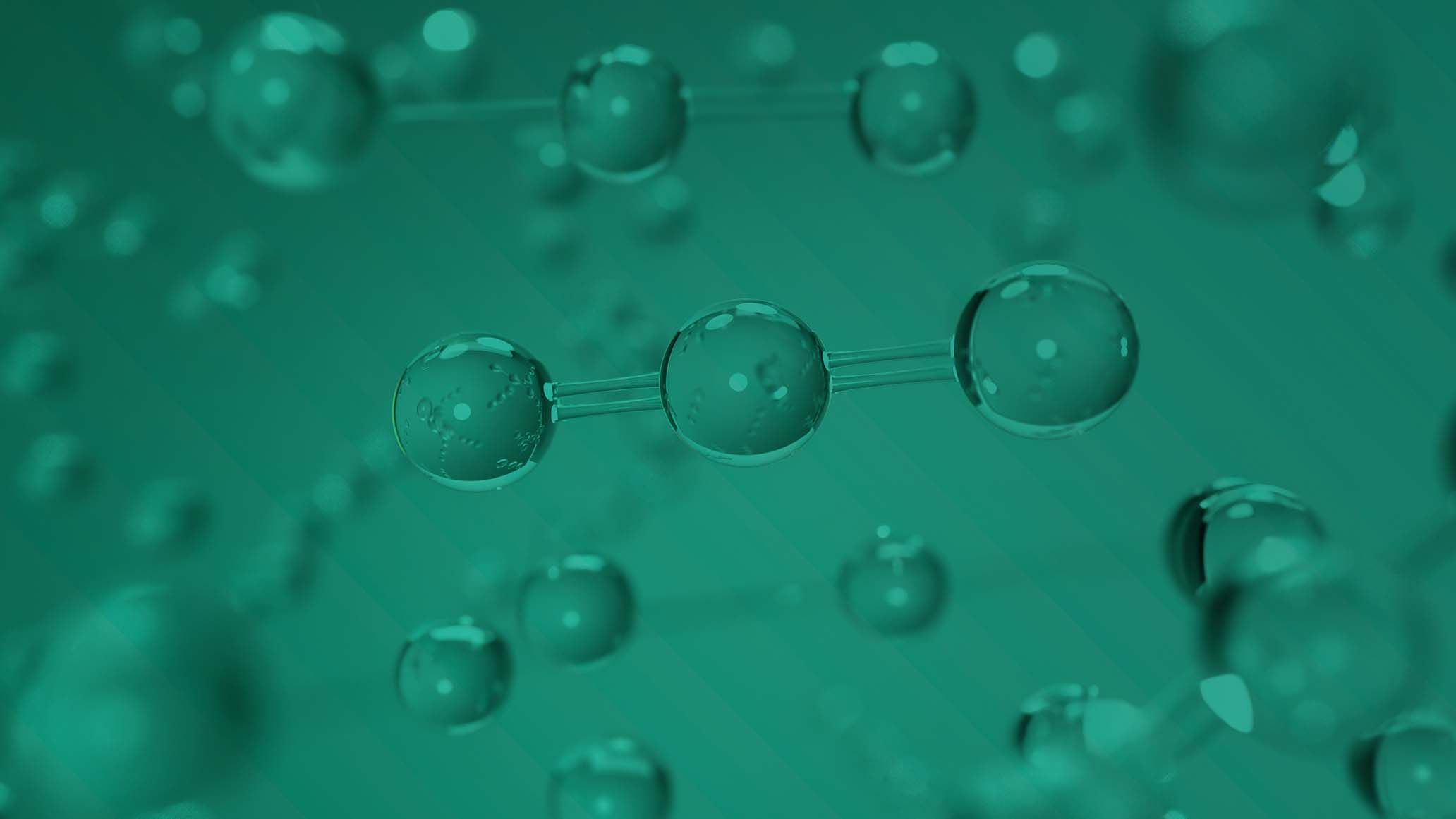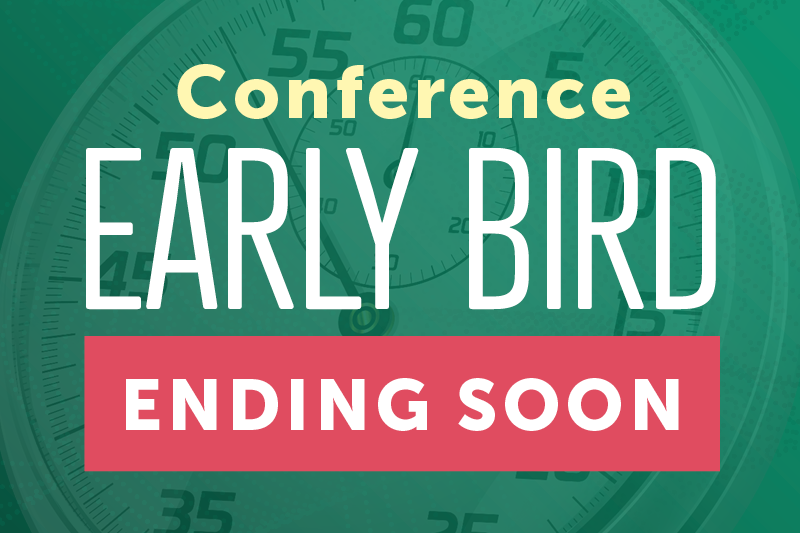Heirloom and Leilac have created a partnership focused on the use of electric kilns for DAC
)
After signing licence and collaboration agreements which encompass the ability to deploy renewably powered electric kilns at the future Heirloom Direct Air capture (DAC) sites, Heirloom and Leilac began planning out the steps they would take to make their plan possible.
So far, the agreement states that Heirloom will use Leilac’s electric kiln technology, at their DAC facility, in order to heat limestone and produce high purity CO2, for permanent storage, as well as calcium oxide, which will be used in Heirloom’s process to remove CO2 from the atmosphere. Since a memorandum of understanding (MoU) was signed in February of 2023, the companies have already made progress with this project, with the integration of Leilac’s electric calcination and Co2 capture technology, into Heirloom’s DAC plants. This has been achieved through extensive research and experimenting, throughout the development of this project.
This project is an excellent step forwards for the DAC industry, as through this collaboration, the DAC facility will be able to grow and evolve through the addition of new technology from Leilac. Leilac has spent many years investing in and developing their technology, and now has multiple partners, including Calix, the company they came from, and other companies throughout the European Union, all of which are focused on cement and lime industries. Presently, Leilac’s pilot plant is the largest operating carbon capture facility for cement in the world and has the capacity to capture double the amount of carbon than all of the DAC facilities around the world, aside from China. The company is on track for their plan to build a demonstration plant with a capture capacity of 100,000 tons of Co2 annually, in 2024.
Leilac’s CEO, Daniel Rennie, commented, “These agreements establish the collaborative foundation for a partnership that combines two complementary technologies and a shared ambitious and purpose-driven culture. Our rapid progress is testament to the dedication and ingenuity of both the Leilac and Heirloom teams. Together, we have the potential to deliver a significant impact on removing legacy emissions while also creating an accelerated pathway for the electrification of hard-to- abate industries, such as cement and lime.” Mr Rennie added, “Leilac is excited to apply our core technology, developed for and with the cement and lime industries, to DAC. In turn, we expect our partnership with Heirloom will accelerate the development of electric calcination, as we work with all our partners in support of a just-transition towards an industrially sustainable low-carbon society. It’s a win-win arrangement that aims to maximise the scale and speed at which we can reduce industrial and atmospheric CO2.”
Leilac and Heirloom’s partnership was set up with a shared idea around carbon capture, to prevent, reduce and remove and they have chosen to do this through designing their partnership to support a variety of CO2 mitigation efforts. These include the electrification of mineral processing, such as, cement, lime, iron and steel and critical minerals, it can enable a transition from carbon-intensive to renewable energy inputs, and is also used for preventing future emissions, whilst simultaneously improving air quality.
The two companies have aimed to take every industries needs into consideration, for example, finding a way to provide effective and low-cost carbon capture and storage methods, for industries which are unable to avoid emitting Co2, e.g., cement and lime. Both companies are well aware that decarbonising the atmosphere will not be enough to achieve global climate goals, however they are both set on helping each industry they can and finding innovative pathways to find realistic and sustainable solutions to the Co2 emission issue.



)
)
)
)
)
)
)



)
)
)
)
)
)
)
)
)
)
)
)
)
)

)

)
)
)

)
)
)
)
)
)
)
)
)
)
)

)

)
)
)
)
)
)
)
)
)


)
)
)

)
)
)

)
)
)
)
)

